While the terrorist organisation Islamic State is making claims about making a so-called Islamic country, the West African nation Gambia has been declared as an Islamic republic by its president Yahya Jammeh, but for different reasons, reports Al Jazeera .
Jammeh said that the step was taken after looking at the Muslim majority in the nation and is an attempt to break away from the country’s colonial past. He said, “In line with the country’s religious identity and values, I proclaim Gambia as an Islamic state.”
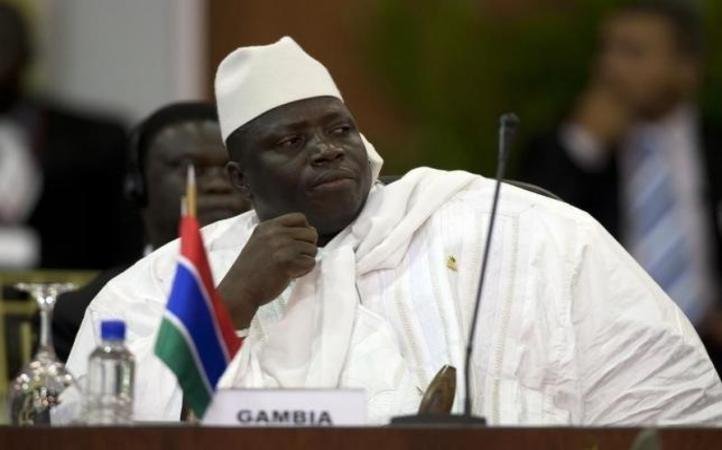
But Jammeh stated that there won’t be any dress code or mandates, as Gambia “will be an Islamic state that would respect the rights of all citizens and non-citizens.” As the opposition criticised this citing the clause about secularism in the constitution, the African nation is not the first to involve religion in the affairs of the state.
Here are a few nations which combined administration and religion and the different results that came out of the equation.
1. Iran
Declared an Islamic Republic in 1979.
The autocratic rule led by the Shah of Iran and economic recession gave way to the Khomeini revolution which led to the expulsion of Mohammed Raza Pahlavi and marked the beginning of Ayatollah Ruhollah Khomeini. Immediately after taking power, the Ayatollah declared Iran as an Islamic Republic. What followed was a prolonged war with Iraq, and numerous human rights violations. Despite an authoritarian regime, the country holds democratic elections while the Ayatollah remains the supreme authority.
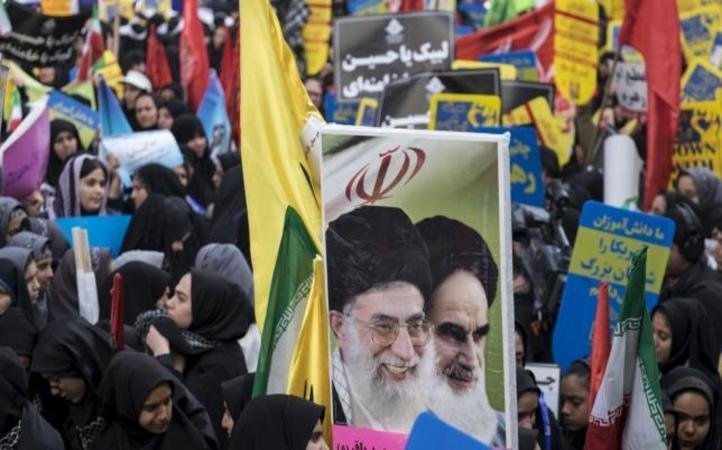
2. Pakistan
Formed as an Islamic Republic in 1947.
As the subcontinent gained independence from British rule, it had to pay the price of being partitioned into two nations, one of which became Pakistan – an Islamic nation. Formed on religious lines, Pakistan was an Islamic nation from the beginning. Although Mohammed Ali Jinnah declared that Pakistan will be a secular nation, decades of political instability and religious extremism have landed India’s neighbour into trouble. Even after decades of military coups, Pakistan has re-established a democratic form of government.
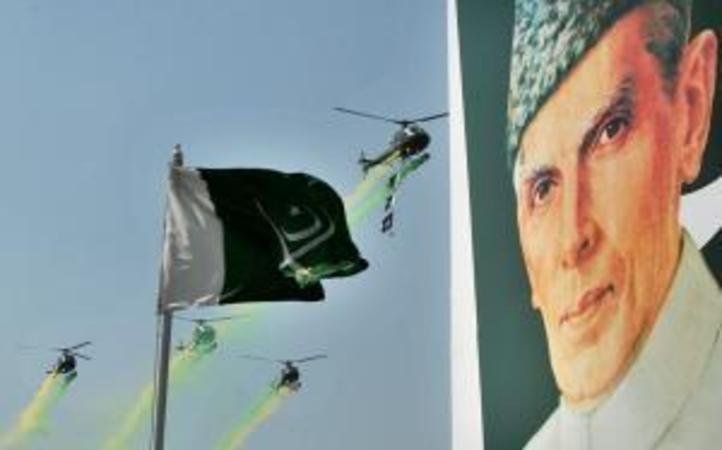
3. Israel
Formed as a Jewish state in 1948.
Formed along religious lines after partitioning Palestine between Arabs and Jews, Israel came into existence around the same time as Pakistan, and was portrayed as a homeland for Jews. In decades of its existence, it has seen a migration of Jews from all over the world and has made economic progress, but has been plagued by the Israel-Palestine conflict and wars with neighbours, as it also faces allegations of human rights violations against Palestinians. Having a democratic set up, the right wing led by Benjamin Netanyahu is a strong political entity in Israel.
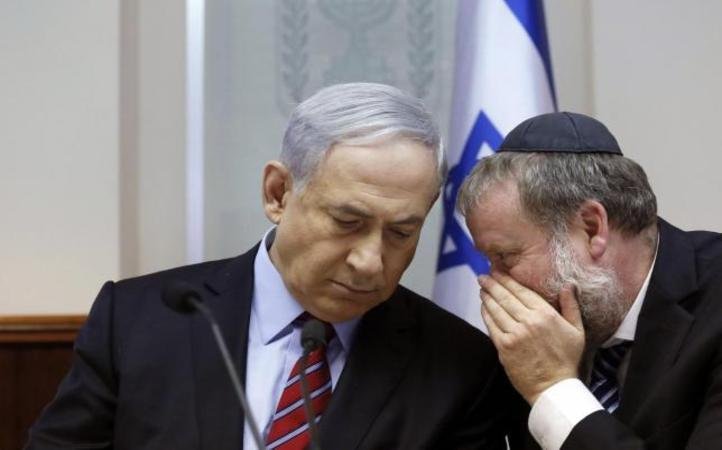
4. Afghanistan
Declared an Islamic Republic in 2001.
Ravaged by wars and internal conflicts after the fall of the monarchy, Afghanistan endured years under repressive regime of religious extremist Taliban. But freedom came only after a devastating conflict in 2001. That’s when the newly declared Islamic Republic was left to deal with the destruction and infrastructure that had collapsed. Even after a decade after the fall of the Taliban in Kabul, the country is still engaged in a war with the terrorist group and has a long way to go for peace and ensuring human rights. Although parts of the country are volatile, it has managed to hold regular elections and successful transfer of power.
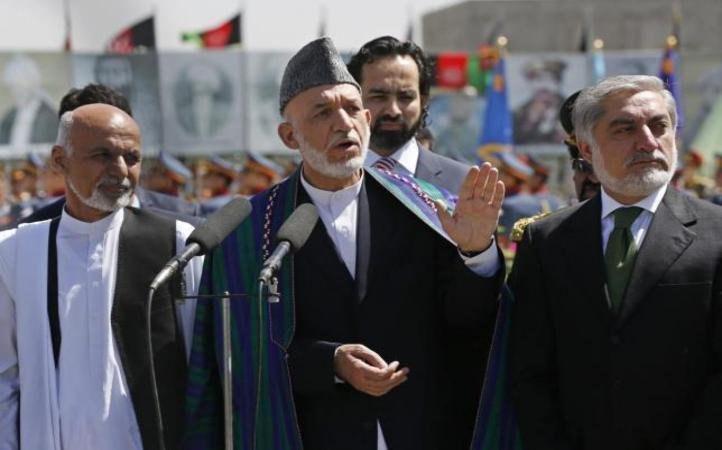
Although there are several Islamic monarchies, none of them have moved forward towards declaring themselves as republics. Other Muslim majority nations of Malaysia and Indonesia have stayed away from officially declaring themselves as Islamic Republics.
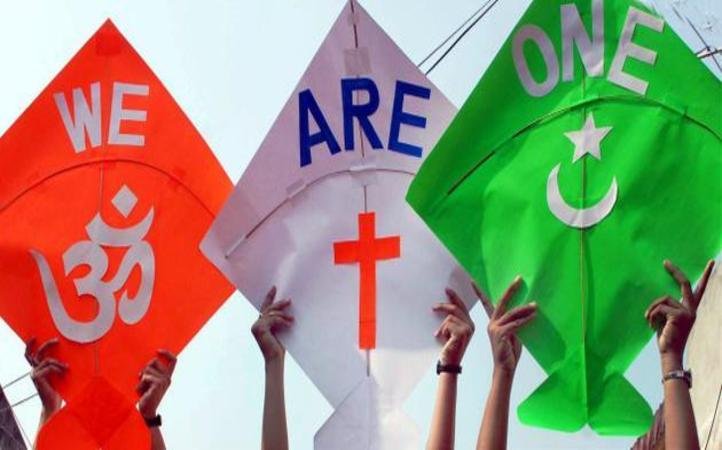
Nepal was the world’s only and last nation to have Hinduism as a state religion under the monarchy. Movements for establishing a Sikh state in Punjab have been witnessed in India, while some rebel factions in Nagaland have been seeking to create a Christian republic.

















